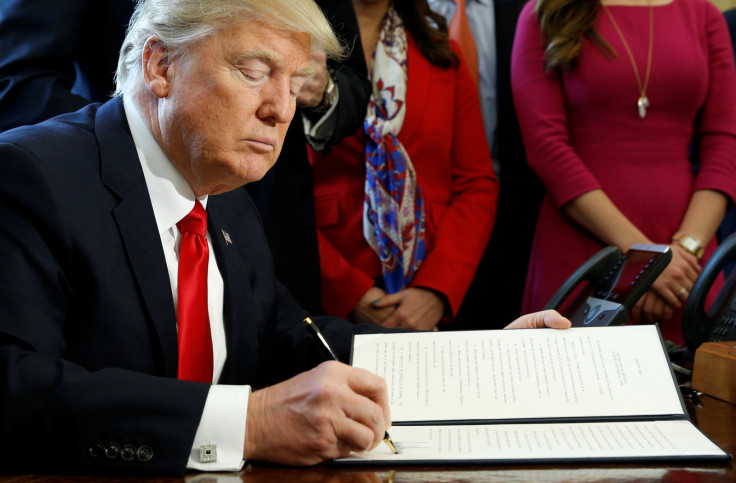CIA's deputy director causes concern over role of torture in terror investigations
Gina Haspel ran a black site for torture in Thailand.

The woman named as deputy director at the Central Intelligence Agency has prompted concerns from critics over the use of torture.
Gina Haspel, who previously worked for the CIA as a clandestine agent, oversaw the torture of two terror suspects at an overseas facility in Thailand.
Haspel, who has worked undercover for a significant portion of her career, took part in the now defunct 'extraordinary rendition program' which was launched by the CIA in 2001 to tackle terrorism.
Extraordinary rendition involved removing terror suspects to foreign governments in order to extract information, with no legal process involved, and in what is now deemed to be an illegal programme.
The deputy director of the American Civil Liberties Union's Washington office, Christopher Anders, told the New York Times that Pompeo "must explain to the American people how his promotion of someone allegedly involved in running a torture site squares with his own sworn promises to Congress that he will reject all forms of torture and abuse."
However, the CIA has previously defended many of its operatives who were involved in the programme and used 'enhanced interrogation techniques' otherwise known as torture on terror suspects.
Trump himself has defended the use of torture, openly stating he believes it works, while his appointed CIA director Mike Pompeo has said he does not class techniques such as water boarding as torture.
The appointment of Haspel, who is known to have overseen torture of terror suspects and was involved in an order to destroy footage of the interrogation that took place at the Thailand facility, has therefore raised eyebrows.
Although she is reportedly well-respected among her colleagues, Haspel's past has previously prompted her appointment to run clandestine operations to be blocked by a Democrat on the Senior Intelligence Committee.
© Copyright IBTimes 2025. All rights reserved.




















